All Stories
-
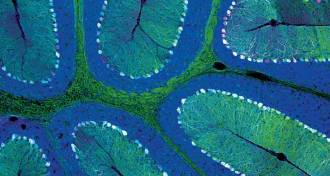 Neuroscience
NeuroscienceBrain cells aglow after viral delivery
The virus AAV-PHP.B proves best at delivering genes to brain cells in mice. Similar viruses may eventually be used for gene therapy in humans.
-
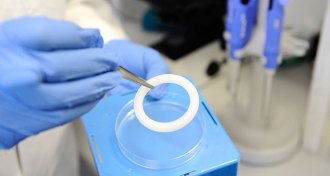 Health & Medicine
Health & MedicineVaginal ring somewhat effective at preventing HIV infection
Studies of vaginal ring for HIV protection show promise, challenges.
By Laura Beil -
 Climate
Climate20th century sea level rose at fastest rate since founding of Rome
Sea levels rose more rapidly in the 1900s than during any other century in at least 2,800 years, with global warming causing at least half that rise.
-
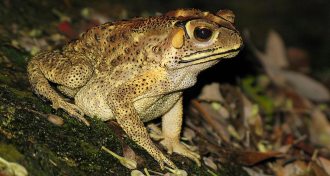 Animals
AnimalsInvasive toads will probably overrun Madagascar
A new report finds that eradicating invasive Asian toads before they overtake all of Madagascar is “not currently feasible.”
-
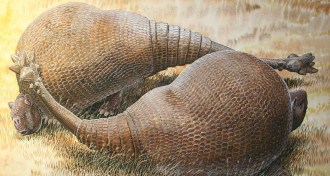 Paleontology
PaleontologySurprise! Ancient armadillos are related to modern armadillos
DNA evidence proves that ancient glyptodonts are indeed related to today’s armadillos, as Charles Darwin suspected.
-
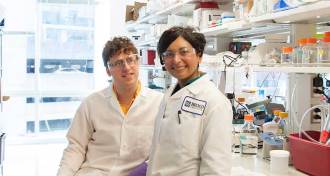 Genetics
GeneticsPrion disease gets personal
Diagnosis of a brain-wasting disease drove a married couple into science.
-
 Earth
Earth‘Eruption’ looks back at devastating Mount St. Helens blast
In Eruption, a science writer recounts the societal, economic and geologic forces that contributed to the Mount St. Helens disaster.
By Sid Perkins -
 Agriculture
AgricultureFDA to test foods for controversial herbicide
Amid controversy and conflicting studies, the FDA will test food for glyphosate, the most widely used herbicide in the world.
-
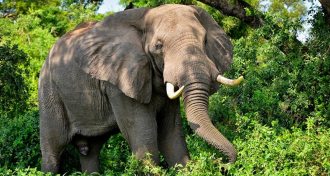 Animals
AnimalsWithout a ban on trade in old ivory, elephant killing continues
Samuel Wasser has been working to track down where poached ivory comes from. But to stop the killing, he says, a ban on the ivory trade is necessary.
-
 Psychology
PsychologyPsychologist probes possible link between prodigy, autism
The Prodigy’s Cousin explores the baffling world of child prodigies and people with autism.
-
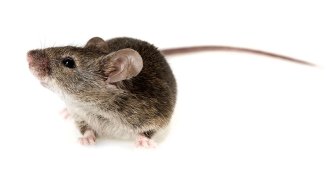 Genetics
GeneticsDads pass health effects of stress on to sons, mouse study finds
In mice, males exposed to repeated psychological stress developed high blood sugar — and so did their unstressed male offspring.
-
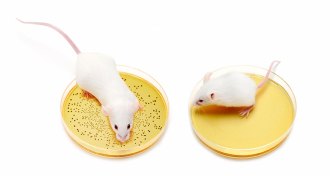 Microbes
MicrobesMissing gut microbes linked to childhood malnutrition
The right mix of gut microbes could prevent kids from succumbing to malnutrition.
By Meghan Rosen